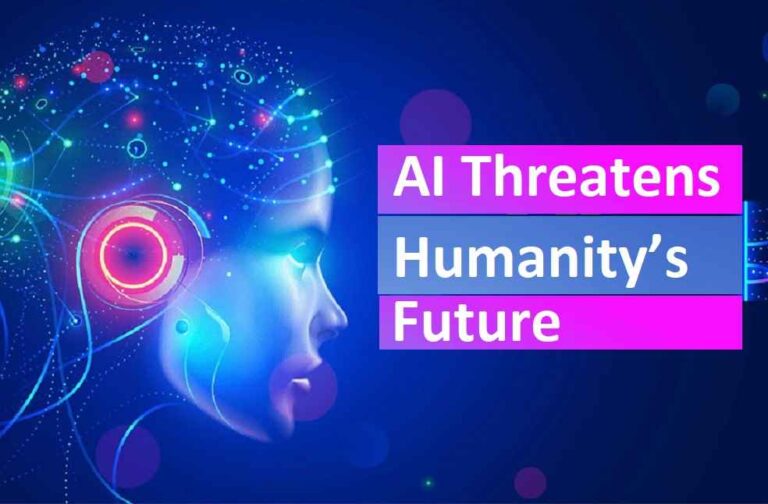Artificial Intelligence (AI), once a concept limited to science fiction, is now a subject of existential debate for many Americans. According to a recent Reuters/Ipsos poll, over 61% of U.S. citizens believe that the burgeoning AI technology could potentially threaten the very future of civilization.
The poll, published on Wednesday, shows widespread apprehension with the implications of AI. Since the revolutionary OpenAI’s ChatGPT became the fastest-growing application of all time, AI has been in the spotlight, escalating a tech race among giants like Microsoft and Google.

This climate of rapid AI development has raised concerns not just among the public, but also among lawmakers and AI firms. OpenAI CEO, Sam Altman, addressed the U.S. Congress recently, underlining the dangers of AI misuse and urging for regulatory measures.
Senator Cory Booker voiced the escalating unease, remarking, “There’s no way to put this genie in the bottle. Globally, this is exploding.” The need for regulatory guidance is clearer than ever as lawmakers grapple with the challenge of shaping AI policy.
The Reuters/Ipsos poll reveals that three times as many Americans anticipate adverse outcomes from AI compared to those who don’t. Trump voters and Evangelical Christians appeared more worried, expressing higher levels of concern about AI’s threat to humankind.

As this fear grows, Landon Klein, Director of U.S. policy at the Future of Life Institute, drew parallels between the onset of the nuclear era and the current AI revolution. “We view the current moment similar to the beginning of the nuclear era,” he said, emphasizing the importance of public perception in influencing action.
Despite prevalent concerns, experts also highlight AI’s potential to enhance lives. Sebastian Thrun, founder of Google X, underscored the need to consider AI’s benefits alongside its risks. Similarly, Ion Stoica, co-founder of AI firm Anyscale, reminded that AI’s positive impacts, like revolutionizing drug discovery, often go unnoticed by the public.
As the debate continues, it’s clear that understanding and managing AI’s growth remains crucial for both public and private sectors. While AI might indeed be a double-edged sword, managing its risks and benefits thoughtfully could turn it into the force for good it was always intended to be.
ENERGY INDUSTRY: Netherlands-Saudi Agreement: A Green Energy Milestone



